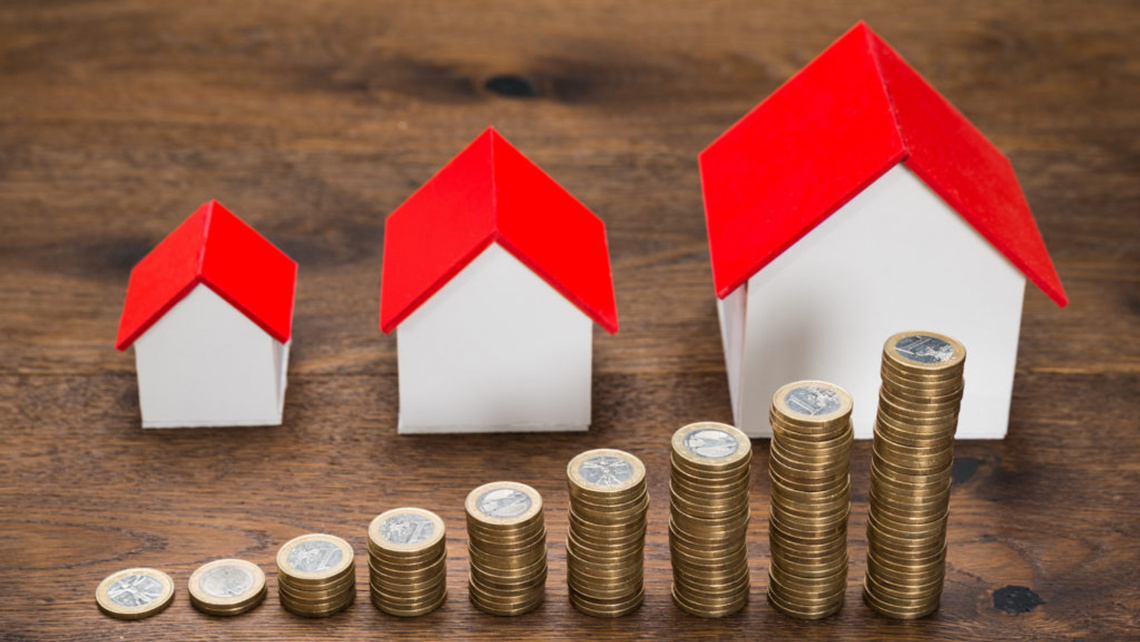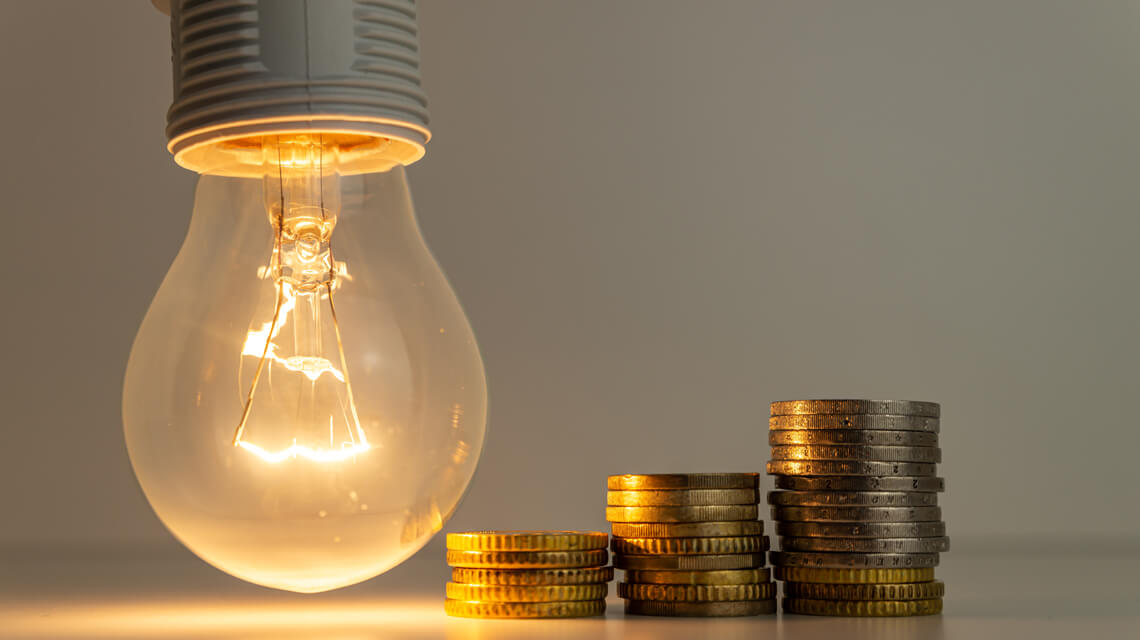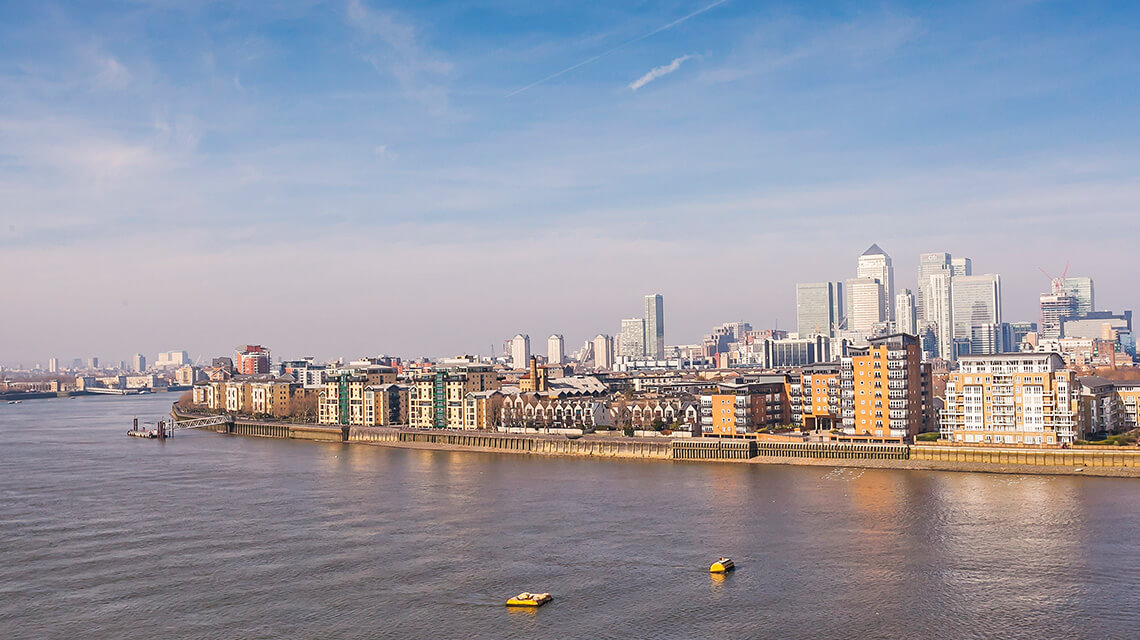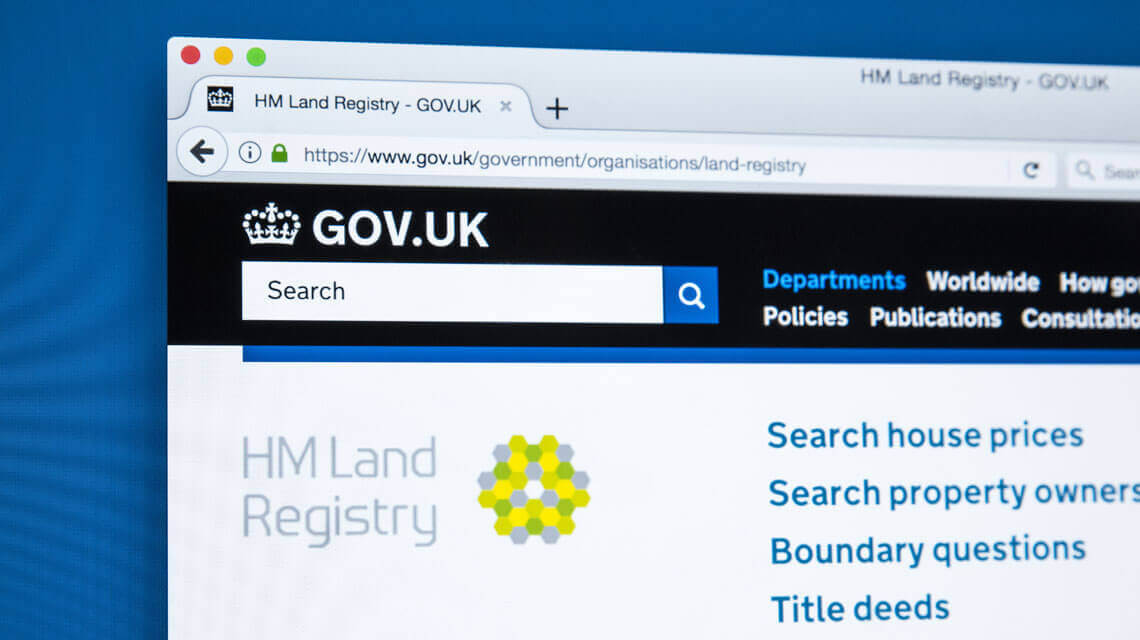Capital Gains Tax is a tax that is incurred upon the sale or disposal of an asset that has increased in value.
The most common assets sold that incur this tax include stocks, bonds, precious metals and property. Lottery winnings, life insurance pay-outs, money from selling a private car or your own home, or shares that are in an ISA (Individual Savings Account) or PEP (Personal Equity Plan) are not taxed.
If the capital appreciation on an asset amounts to less than the personal tax allowance - £11,700, or £5,850 for trusts - then no tax is owed; after this, the amount of tax owed will vary between 10% and 28% depending on the nature of the asset, any reliefs you are entitled to and whether you are a basic rate or higher rate taxpayer.
The amount of money eligible for Capital Gains Tax is usually calculated by deducting the original purchase value from the sale value, and then deducting the tax-free allowance (and any other reliefs) from the profit made. For instance, if you had an asset worth £20,000 that you originally bought for £5,000, the profit here would be £15,000; once you deduct your tax-free allowance of £11,700, this leaves you with £3,300 that is tax-eligible.
Capital Gains Tax on Property
You will have to pay Capital Gains Tax if you sell/dispose of a property that you:
- Have not lived in for the past 18 months or more
- Have developed, e.g. into a block of flats
- Use any part of for business purposes
- Bought to renovate and sell on
- Let out to a tenant
The amount of tax owed on residential property differs from the amount owed on other chargeable assets. Higher rate and additional rate taxpayers, trustees and businesses are all required to pay 28% on property (20% for other chargeable assets), unless you’re a sole trader or partnership; in which case you will be required to pay 10% if your gains qualify for Entrepreneurs’ Relief. Basic rate taxpayers are required to pay 18% Capital Gain Tax on property (10% for other chargeable assets).
For those who have inherited a property and go on to sell it without having made it their own home, then they may have to pay Capital Gains Tax, having already also paid Inheritance Tax. The amount of owed Capital Gains Tax on property inherited will be dependent on the increase in value between the date of death (of the person who gifted it) and the date you sell, minus the selling costs such as legal fees.
Capital Gains Tax Facts
No Tax is owed on Your Family Home
If you own more than one home, you can nominate which one will be tax-free. The property has to have been purchased within two years of you nominating it as your main residence. However, you will not be exempt from Capital Gains Tax if you have only bought the property to sell on and make a profit, or if you have ever used it as a rental property.
Capital Gains Tax Transfer of Property between Spouses
If you are married or in a civil partnership, you are allocated only one main residence between you; otherwise you are able to each nominate separate homes. You can transfer ownership to your spouse; this is particularly beneficial for a higher rate taxpayer transferring ownership to a basic rate taxpayer.
Spouses Double-Up on your Tax-Free Allowance
For those who jointly own a property and are married or in a civil partnership, you each will have an £11,700 tax-free allowance, meaning that your total tax-free allowance will be £23,400.
Capital Gains Tax on Sale of Gifted Property
Anything that you gift to your spouse, civil partner or to charity is tax-free; however Capital Gains Tax will apply if they go on to sell it later on.
Expenses are taken into Account
If you are selling a property that is not your main residence, you should not calculate your gain by simply deducting the buying price from the selling price; remember to subtract agent and solicitors’ fees, Stamp Duty and any improvements you have paid for, as these will all be taken into account before working out what Capital Gains Tax you owe. It is important to note, however, that you will not be able to deduct the outstanding mortgage amount from the gain you make.







